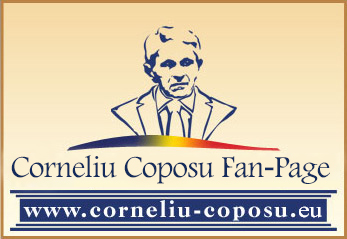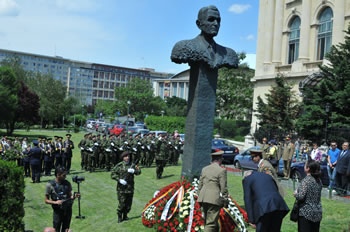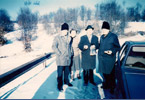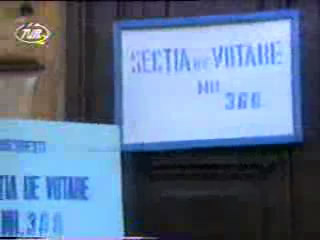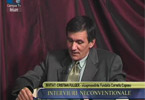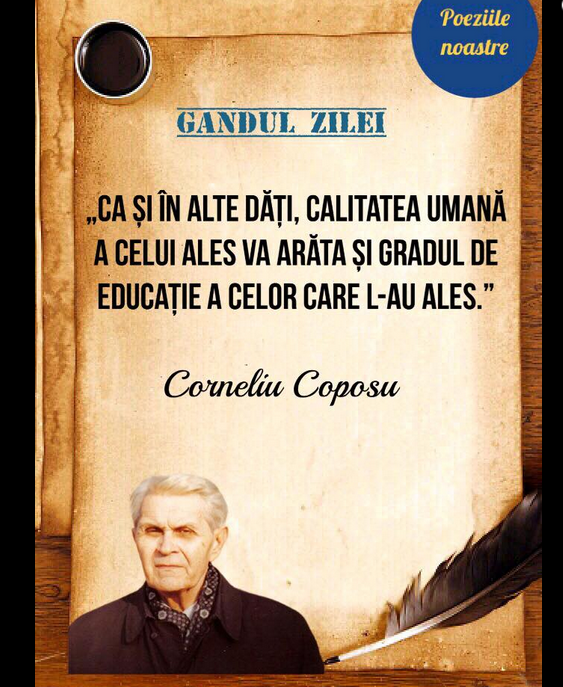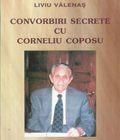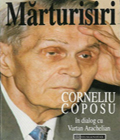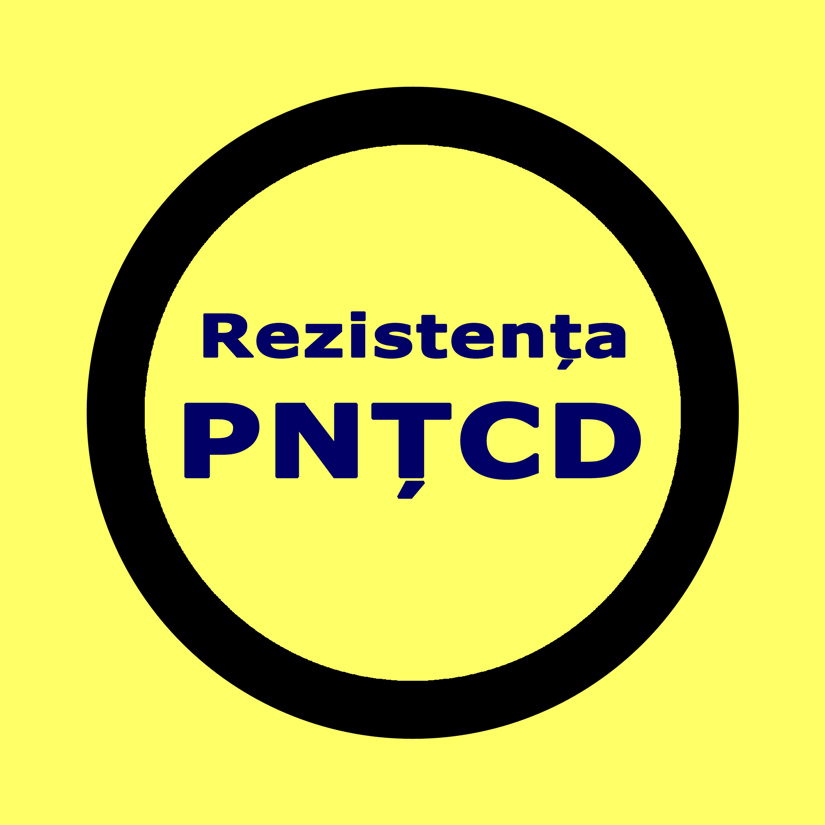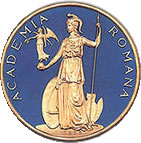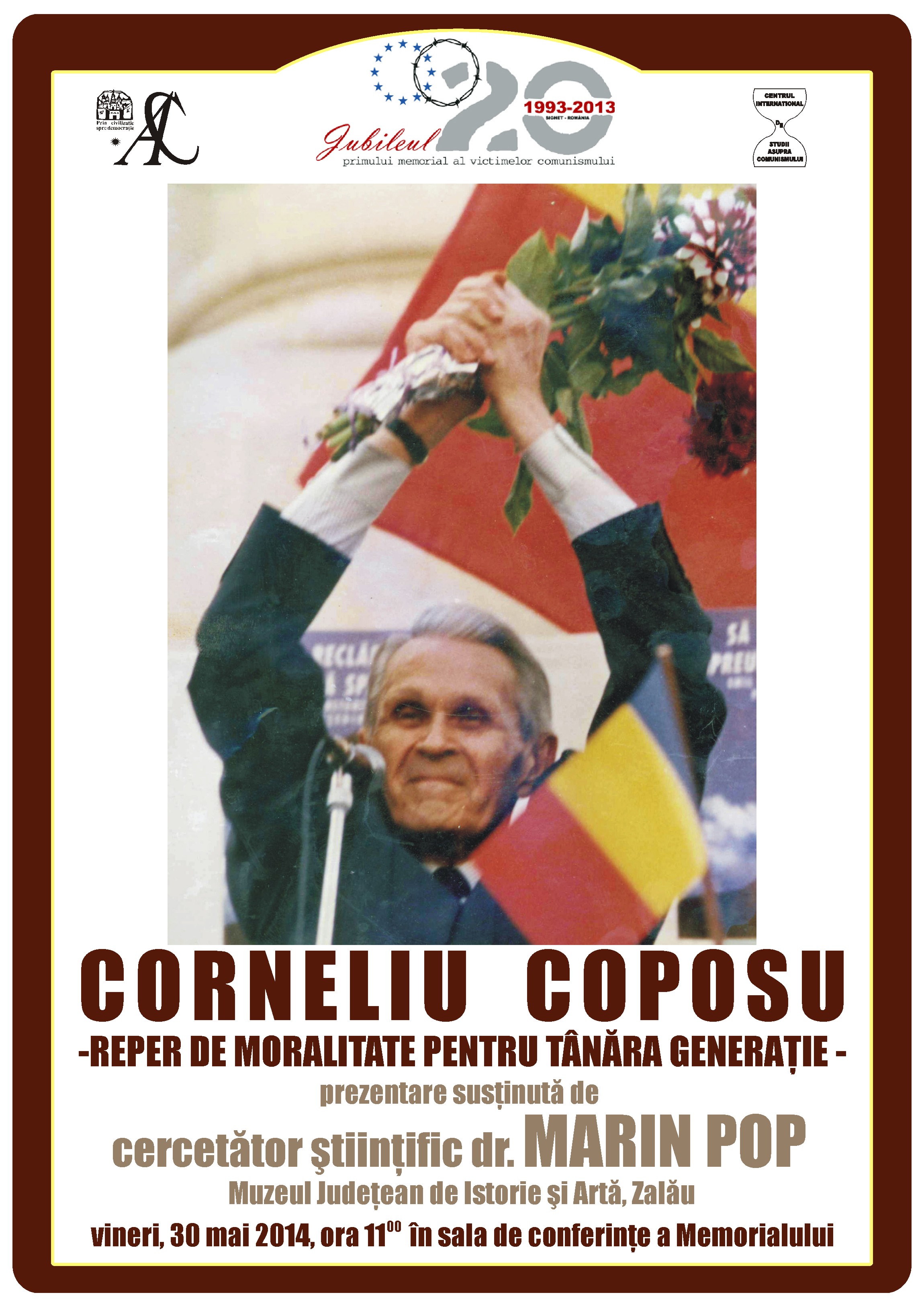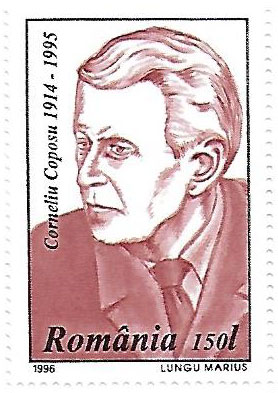
The president of the popular European party, Wilfried Martens, 76 years old, believes that Romania should continue the fight against corruption and proves that justice should be independent for the country to adhere to Schengen Area. It would be very dangerous and extremely risky for Romania to change the laws that regulate National Anti-corruptionDirectorate (DNA) and the Romanian National Integrity Agency (ANI).
(If all things are right), from this point of view, Wilfired Martens believes that Romania has chances to adhere Schengen Area in the next year.
Concerning the idea of Traian Basescu’s suspension, about which the external minister said that it would be beneficial to Romania, the leader of the European popular party (PPE), believes that it is in opposition with the stability, with the good democratic practices and with the clear laws of the country. Wilfried Martens believes that Traian Basescu is the person who should represent Romania at the meetings of the European Council not only from constitutional reasons, but also because there has already been established a habbit in this sense. Wilfired Martens has launched in the last days his book: “Europa, lupt si înving”, an autobiography edited in partnership with All Publishing House.
In your book, you write that the most authentic Romanian politician you have ever met, was Corneliu Coposu. Should Corneliu Coposu be considered an example by the Romanian politicians?
WM: In any case, Corneliu Coposu was a hero, he was imprisoned for 17 years, and after 1989, he has tried to reconstruct the democracy. I will never forget Corneliu Coposu for trying to reconstruct democracy.
It was fundamental for Romania the fact that he has managed to create for Emil Constantinescu special conditions in order to become, in 1996, the first president supported by the first democratic forces of the country.
He has done wonderful things, and there were important moments in which we have collaborated. I believe that he should be an example for nowadays politicians, because he was a very honest person and extremely committed to the struggle of his party and of his country. I believe that he is an example for politicians and also for Romanian people.
Do you believe that PDL may reconstruct the Christian democracy in Romania?
W.M: The second important moment between Romania and PPE is related to the decision taken by Traian Basescu so his party has been transformed from a social-democratic party to a popular one.
Together with the president Traian Basescu and PDL’s leader Emil Boc we have managed to pass through difficulties and troubles and the party has adhered to PPE. It was not easy, but the Romania’s leaders has assumed a risk. It was a important change, and we have had a good cooperation with Emil Boc even in the period of recession, when his country was confronted with the troubles determined by the recession that has attacked Europe, in which he has negotiated with FMI and he was compelled to take some drastic measures. It was very complicated for PDL government that has lost its credibility because of its administration of the country in this period of recession.
Did the PDL leaders become really popular from 2005 by now?
W.M.: I believe so. The political orientation of the party has changed from the adhesion to PPE until now. As you know the main program of the European popular party was adopted in 1992. The European popular party has started as a federation with Christian democratic origins, but he has accepted as his members the democratic parties with similar center-right programs even if they did not have Christian democratic origins. Today, we prepare a new political platform of the Pan-European Party and a new political manifest. The adoption of this, at the PPE Congress which will take place in October in Bucharest, is an opportunity for PDL to be committed in the discussions upon the new documents.
Which take into account the troubles we confront in this period, describing the new challenges but also the answers which we should offer to the evolution from UE, and to the financial recession, Europe passes nowadays. PDL has an enormous opportunity to organize this congress and to participate at the modification of the main documents of the European party.
Do you believe that PDL needs new leaders?
W.M.: I do not know, and I can not interfere in the internal issues of PDL. I know that PDL is preparing the local elections from June and the general elections from November. PDL is a democratic party. I do not know which are the rules for the election of the leaders, but what is more important (and I have discussed this with Emil Boc), is the pdl’s possibility to interfere in the debate concerning the new platform of PPE.
You have mentioned in your book, the political role of President Traian Basescu and you have supported him, when the dispute concerning the entitled participant in European Councils works, has started. In such councils, state or government leaders are entitled to take part. Why do you believe that Traian Basescu should represent Romania?
W.M.: Because you have a constitution in which there is a very explicit article that tells that the president is the entitled official of the Romanian state. In addition, from 1 January 2007, the President Traian Basescu was always the person who has represented Romania in the European council. It may be said that in technical terms, there is a constitutional habit in your country and in conformity with this habit the president goes to the European council. There is no constitutional or rational argument in order to change this rule, in conformity with which the Romanias president is the official who represents Romania in the European council.
Recently, the Romanian external minister, Andrei Marga, has told in an interview for Romania Libera that the suspension of Traian Basescu would be beneficial for Romania? What do you think?
W.M.: Such un action can not have advantages. This idea is in contradiction with stability, with the good democratic practices with the clear laws of the countries, and it should not appear the political struggles concerning this fundamental issue. The Romanian politicians should have the courage to be honest, to respect the law. You have a constitution that should be respected.
The new government of Romania wants to modify the law in respect to which the National Anti-corruptionDirectorate and National Integrity Agency DNA AND ANI functions. In what way these changes may affect the autochthonous reforms?
W.M.: It would be very dangerous and there will be many risks, mainly because the acceptance of Romania free-circulation inSchengen Area depends on the fight against corruption. The European commission agrees that Romania and Bulgaria have fulfilled all the conditions for the adhesion to Schengen Area but it was brought into question this criteria of the fight against corruption and have asked to be proved that the anti-corruption institutions function, so the new government should continue to solve the rest of the problems and to keep the anti-corruption institutions from Romania, as euro-parliamentary Monica Macovei (an excellent and very honest minister of justice, who was forced to resign because of her integrity), has mentioned. The adhesion at Schengen Area depends on Romania in a fundamental way for Romania’s independent and honest justice and also is conditioned by the continuation of the fight against corruption. Romania should also put in practice a new territorial organization so that the regional authorities are capable to control and to use more efficient the European investments.
May the European government compel the new government to respect the functioning laws for DNA and ANI?
W.M.: The independence of justice, the anti-corruption investigations, and integrity should be mentioned and should function.
Last year, Holland was the only state that was against Romania’s Adhesion, not because of the corruption issues, but because the government from Haga was supported by an extremist party.
W.M.: The extremist party is not in the governing qualition from Holland, there are to be elections, but the anti-corruption criteria’s concerning the Romania’’s adhesion to Schengen area were supported also by Finland and Germany, states who are continuously insisting on the independence of the justice and on the continuation of the fight against corruption.
Does Romania have chances to become Schengen member in the next year?
W.M.: I hope that this thing is going to happen and the decision will be taken at the European council in this autumn.
PPE has tried to persuade all the parties that Romania is prepared to adhere Schengen, but now, the situation depends also on the election from Holland, elections which will take place in September. The Christian-democratic parties from Holland have a positive attitude respecting to Romania but they insist for the continuation in Romania, of the anti-corruption fight.
In your book, “Europa, lupt si inving” you are speaking about the cold war is it possible a coming back to the political situation from those periods if we take into account the declaration of the major general leader from Moscova Nicolae Macarov who has warned Europe with the possibility of some preventive attacks upon the shield against racket?
W.M.: In my book, I speak about a long period of warnings with nuclear rackets which had taken place with more than 20 years. The warning with nuclear rackets has been stopped in Europe many years ago after the fantastic negotiations between Reagan the president of US and Gorbaciov the president of URSS. Against a large part of the public opinion, the two parties have accepted this decision. It is impossible for me to evaluate the signification of such a declaration of this kind, and I hope that the decisions taken between 1987-1988 when there was un agreement between Nato and URSS, are definitive. This declaration of the leader the major General state from Moscova, is in contradiction with the decisions taken at the end of the year 1988. It is a good prove that in Russia from nowadays, there are people who are leaving in a previous epoch.
For 13 years, between 1981-1992, and in the period 1979-1981 he was the belgium’s prime minister. In 1976, he was one of the European popular parties founding persons (PPE), and from 1992, he is PPE’s President. He has attended the catholic university Louvain in 1965, he has attended the international relations lectures at Harvart
